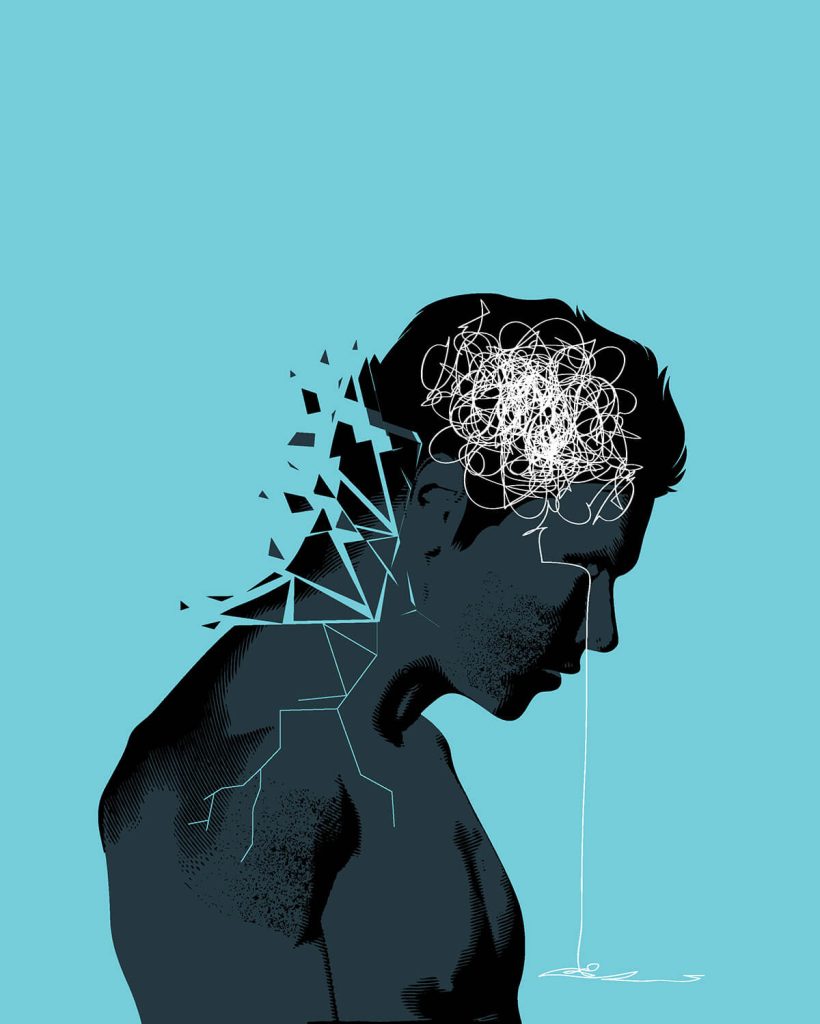About Depression
- Home
- About Depression
About
Depression
Depression is a serious illness affecting more than 14 million American adults every year. Only 7 million seek treatment and of those only 3.2 million are adequately treated after one year of treatment.
Over 4 million patients with a serious mental illness are not treated effectively because of lack of response or intolerant to side effects. Those who do not find full relief from antidepressant medication are often excellent TMS candidates.
Click Here to Learn More About Our Clinical and Safety Results and Our Approach to Treating Your Depression.


While the exact cause of depression is not known, strong scientific evidence supports that depression is caused by an imbalance of the brain’s neurotransmitters. Depression is often under-estimated and of the 7 million who seek treatment, only one-third find immediate relief.
Each year in the US, over 30,000 people die by suicide, 60% of whom suffer from depression. Overall, women are almost twice as likely as men to suffer from depression; however, some experts feel that depression in men is under-reported.
It may interfere with your thoughts, behavior, mood, and even short term and long term physical health. Depression has no racial, ethnic or socioeconomic boundaries. About two-thirds of those who experience an episode of depression will have at least one other episode in their lives. Learn more about depression symptoms by visiting the National Institute of Mental Health website.
Do You Have Depression?
- Significant weight loss (when not dieting) or a 5% monthly weight gain
- Significant increase or decrease in appetite
- Excessive sleepiness or insomnia
- Agitation and restlessness

- Fatigue or loss of energy nearly every day
- Feelings of worthlessness or excessive and inappropriate guilt nearly every day
- Diminished ability to think, concentrate, or make decisions
- Recurrent thoughts of death or suicide
Our Approach to Depression Treatment
“Bio” (Biology)
We understand that the chemistry of the brain is affected by biology. Biology includes genetics, proper nutrition, sunlight, exercise, sleep.
“Psycho” (Psychology)
This refers to one’s psychological defense mechanisms of the brain. For example, if someone is a worrier or pessimist- this has an effect on your mood- potentially causing a downward spiral of guilt and depression
“Social” (Environmental – Your Relationships)
Environmental stresses contribute to your brain’s chemistry. Examples are a difficult marriage, tough boss, a traumatic experience or a poor relationship. These negative influences may result in sleep problems, that then results in work tardiness. These Social stresses impact your mood and depression.
Digital Marketing
Lorem ipsum dolor sit amet, consectetur adipiscing elit. Ut elit tellus, luctus nec ullamcorper mattis, pulvinar dapibus leo.
- Studies conclude that antidepressant medication may not work for over one-third of those suffering with depression. For those who do not receive benefit, the next antidepressant has an even lesser chance of working.
